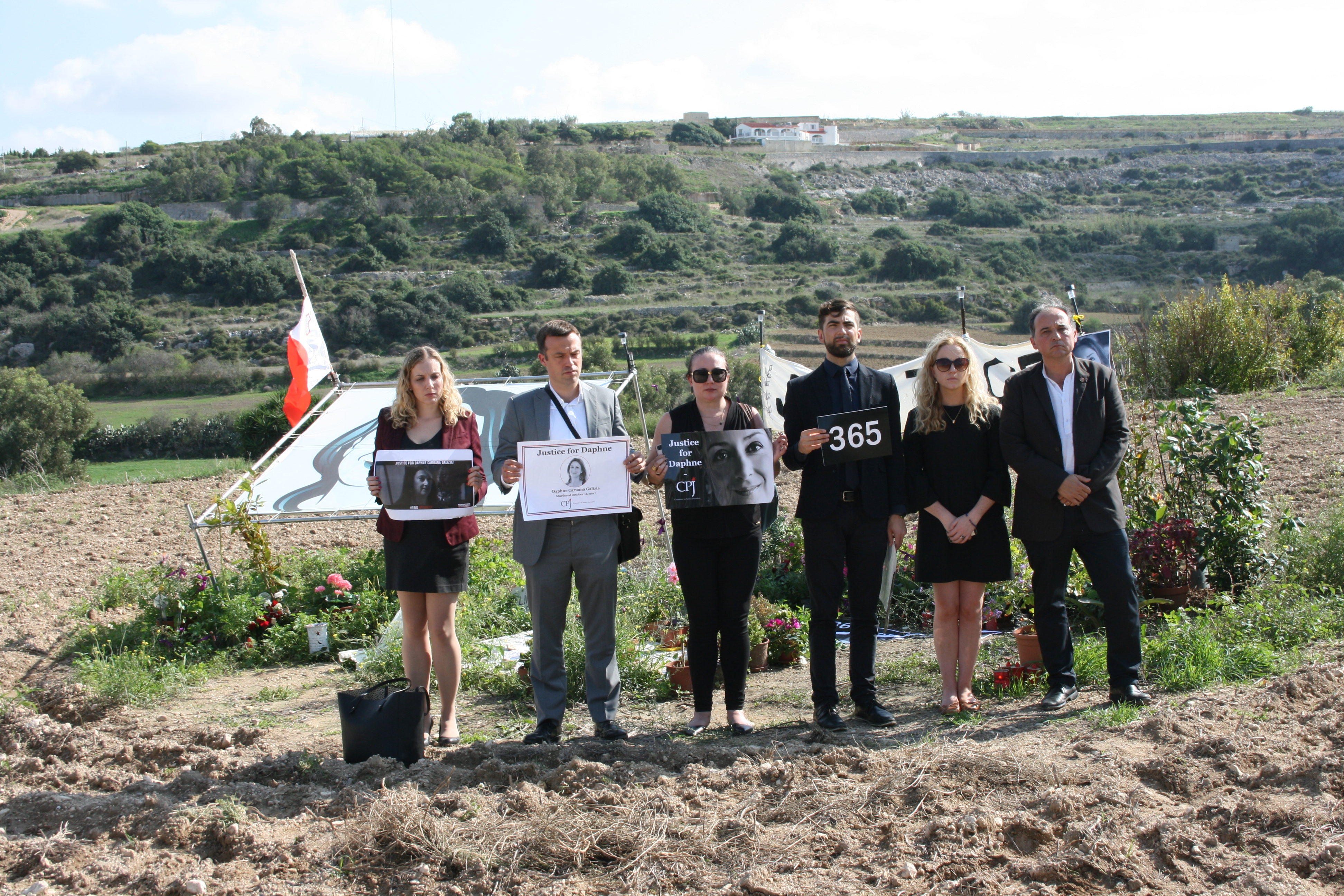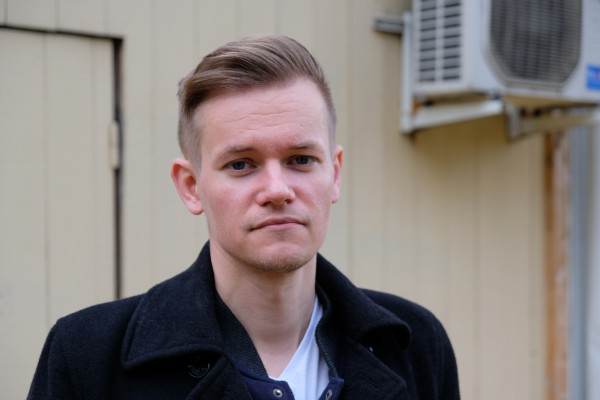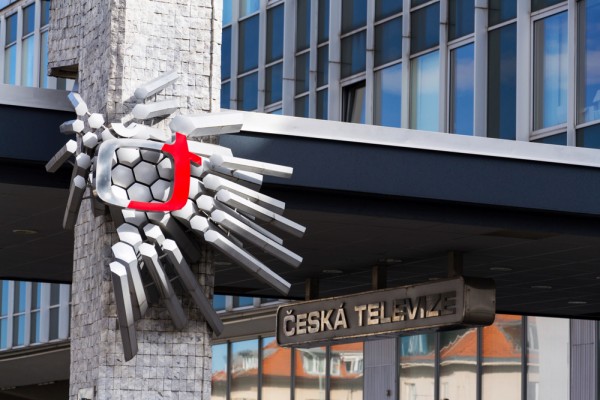The International Press Institute (IPI) today joined five other international press freedom groups in launching a set of comprehensive findings following a three-day mission to Malta earlier this week to mark the one-year anniversary of the murder of journalist Daphne Caruana Galizia.
After meeting with Prime Minister Joseph Muscat, Minister for Justice, Culture and Local Government Owen Bonnici, and Attorney General Peter Grech, the groups said that the visit had failed to “assuage doubts” about the lack of progress in the murder investigation since the arrest of three alleged hitmen in December 2017.
“The government did not indicate any urgency toward completing the investigation and officials offered no information on when they expected it to be completed”, the groups concluded.
“Indeed, both the prime minister and the attorney general expressed satisfaction with the investigation so far – a jarring sentiment given the apparent lack of advancement.”
The groups also expressed “profound” concern of the investigation’s apparently limited scope, especially as regarding possible links to Caruana Galizia’s journalistic work. Numerous potentially relevant individuals told the mission that they had not been interviewed by investigators.
“We are left to conclude that the Maltese authorities are not seriously considering the possibility that Caruana Galizia was murdered for her scrutiny of political and/or business issues”, the groups said.
The international mission included representatives from IPI, the Committee to Protect Journalists (CPJ), the European Centre for Press and Media Freedom (ECPMF), the European Federation of Journalists (EFJ), PEN International, and Reporters Without Borders (RSF). In addition to conversations with top Maltese officials, the mission also met with a wide range of journalists and civil society representatives to understand their views about the atmosphere for journalism and about the rule of law in Malta following Caruana Galizia’s assassination on October 16, 2017. The groups also monitored hearings in defamation lawsuits that continue posthumously against Daphne Caruana Galizia.
In addition to the flawed murder investigation, the findings also focus on the call for a public enquiry to determine whether Caruana Galizia’s murder could have been prevented; the continued vilification of Caruana Galizia and her family; the continued use of libel suits to target journalists, including posthumous cases against Caruana Galizia; online harassment and trolling of journalists; and access to information.



